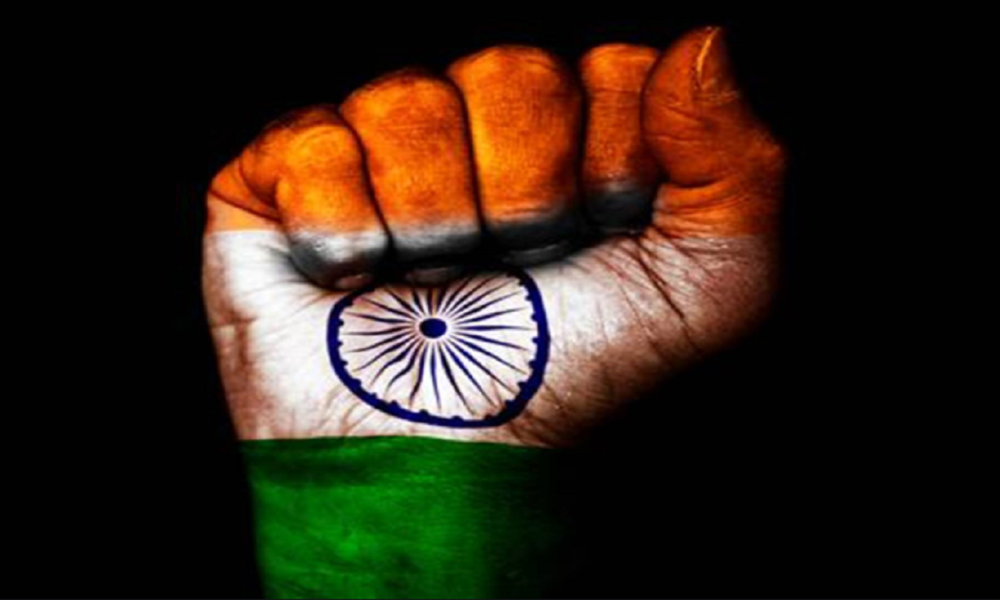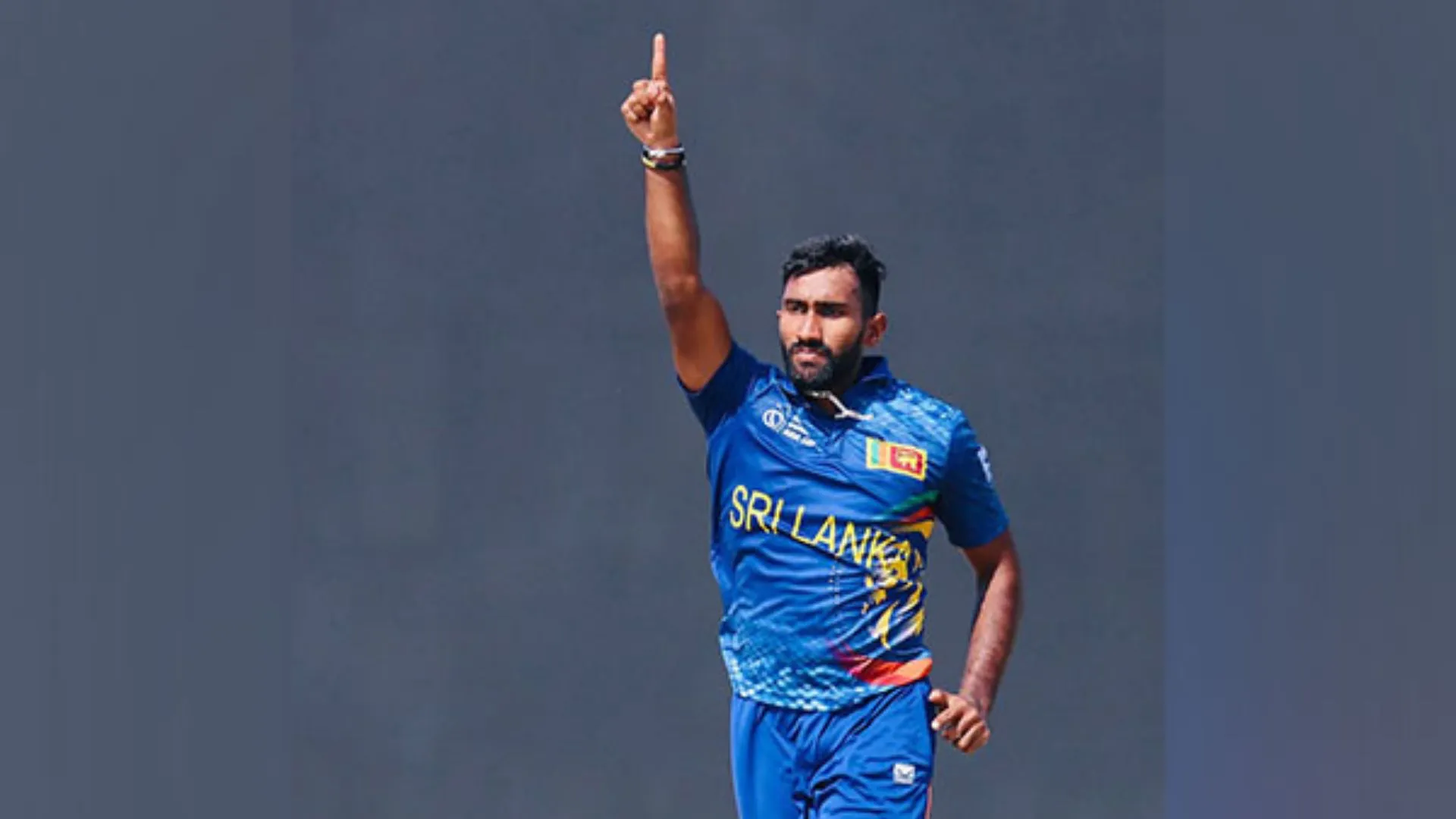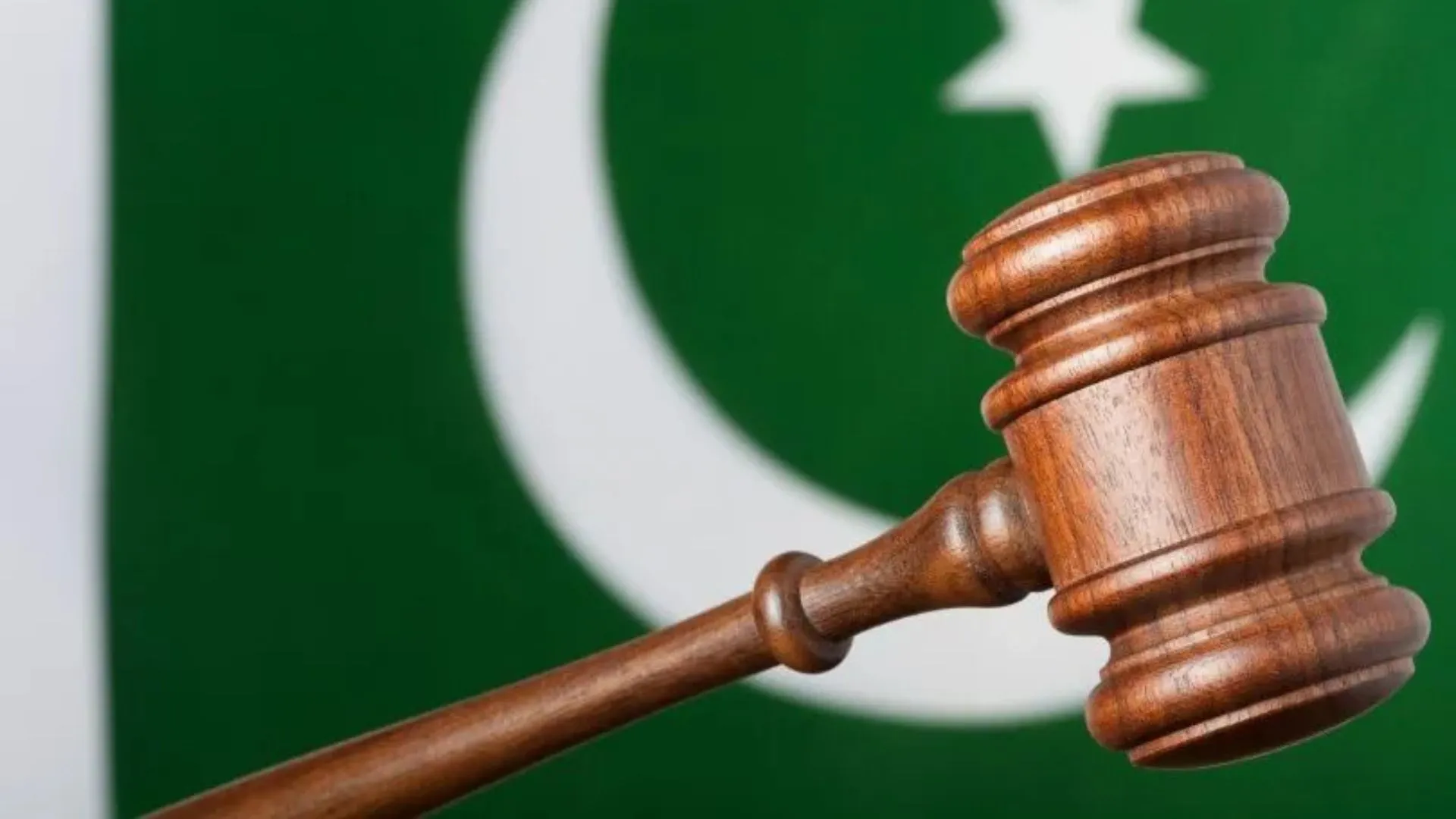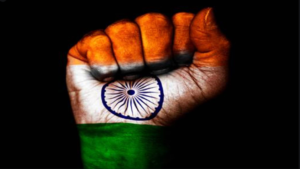When Prime Minister Narendra Modi gave a bold and inspiring speech to the soldiers, including a reference to the Sanskrit half-verse “Veer Bhogya Vasundhara”, in Ladakh, many had hoped that India would finally shed its shy and disempowering attitude to strategic issues and recalibrate its approach to one coming from a position of strength.
However, considering how the Indian government finally had a diplomatic breakthrough with the Chinese apparently disengaging themselves at some positions across LAC, it appears that we have once again chosen to limit ourselves to cosmetic victories, rather than taking the bull by its horn by militarily pushing back China from our territories. The fact India has chosen to not take any proactive action as on date despite extreme provocation from the Chinese, in effect implies that India may continue with their disempowering and appeasing attitudes towards its enemies, rather than employ Kaultilyan strategies to subdue them.
Nevertheless, let us take a brief look into what it would mean if India were to get serious about making “Veer Bhogya Vasundhara” a cornerstone of its strategic vision. The half-verse is the motto of Rajputana Rifles, one of the oldest rifle-regiments of Indian Army, and as such, it could have been a widely prevalent notion among the Rajput communities even before the constitution of the regiment. The oldest textual reference to the half-verse appears to be in the Shiva Purana, which is one of the eighteen major Puranas. Though, Bhagavad Gita echoes the idea that a Kshatriya if he wins the war will enjoy the kingdom, and if he loses the war, he attains heaven, the words used are different from the half-verse under consideration.
A clear articulation of how a state’s strategic approach should be if it were to make the half-verse its cornerstone appears in Mahasubhashitasamgraha, an anthology of Subhashitas, which are a collection of Sanskrit epigrammatic poems, authors of which are often anonymous. The said Subhashita reads thus: “Casting off the incompetent (king), the competent (king) enjoys (the land); of lords of men, not there is mercy, etc. The hero’s enjoyment is the earth.” In simply language, what the verse says is that the capable and competent rulers subdue and remove the incompetent and incapable rulers (enemies) without showing any mercy to them, and having thus acquired newer territories, the brave and capable kings enjoy the earth.
This maxim goes against everything that modern, colonised Indians have been taught to believe. Our school education and media narrative have created a modern myth that Indian rulers always fought only in defence, but never offensively to secure their respective interests. However, the fact is we not only have historical evidences of Indian kings continuously striving to expand their territories, but also have civilisational teachings in texts like Ramayana and Mahabharata which specifically articulate why rulers must employ offensive strategic policies rooted in strength to secure overall wellbeing of the state and provides frameworks and tools like Rajasuya Yajna to accomplish the same.
Moving on, in the context of incompetent rulers/governments, they could be of three kinds. First is the incompetency with respect to dharma, wherein the governments will be entirely unethical, inhumane, and oppresses its citizens in multiple ways. Second is the incompetency with respect to artha, wherein the government’s policies are full of corruption and incompetence with respect to economy, national security, foreign policy, etc. Third is the incompetency with respect to kama, wherein the state fails to facilitate the happiness and wellbeing of its citizens. The opposite attributes belong to competent governments.
If we are to apply this framework to two of India’s hostile neighbours — Pakistan and China — we can see that while Pakistan is a failed state with respect to all the three criteria, communist China with its unethical and oppressive actions towards its own citizens, especially those belonging to its occupied territories, be it in Tibet, Hong Kong, or Xinjiang, does badly with respect to dharma. However, China is competent with respect to artha and has a clear strategic and civilisational vision. But, its record with respect to kama is difficult to gauge because of the strict government control over free speech.
Coming to India, we can see that despite being under colonial rule followed by governance based on Nehruvian secularism that has de-rooted much of Indian people and its institutions from its civilisation, we still do quite well on the parameters of dharma and kama. It is in the department of Artha that we as a state are severely lacking. While our economy has greatly improved post economic liberalisation, our strategic vision and policies in particular are still guided by disempowering principles which are self-defeating and harmful to our civilisation. Because our strategic vision is rooted in weakness and delusion, we project India as being a weak state, despite having a lot of potential. Forget China, India comes across as a weak-state even in its engagement with countries like Pakistan and Bangladesh. Even Sri Lanka appears as a stronger state in its dealing of domestic Islamic extremism than India.
It is high time that the Indian leadership does a serious thinking about how it wants to project the country globally. Whether it wants India to remain a weak state which would eventually be subdued by stronger nations like China and the US, or does it want India to emerge as a strong state confident enough to directly confront its enemies, be it China or Pakistan.
Let us not forget that Indian civilisation has continuously lost territories to invaders, colonisers, and enemy nations in the last 1,200 years, including after achieving political Independence in 1947. Unfortunately, we have never proactively taken any steps to recover those lost territories post-Independence. We have not even made a single attempt to reclaim either POK or Aksai Chin that we lost post-Independence. It is in this context that our current refusal to engage China militarily despite provocation must be seen. The restraint is rooted not in the statesmanship, but in the weakness of our political leadership and their mistaken notions of ethics and statecraft.
However, if we were to now recalibrate our strategic vision and make ‘Veer Bhogya Vasundhara’ its cornerstone, all this could change. India could then not only recover the lost territories that rightfully belong to it, but we could also emerge as a global superpower within a few decades, which in-turn could pave way for it to truly become a ‘VishwaGuru’. Hope somebody in our political leadership is listening.
Nithin Sridhar is an author, speaker, and a commentator on religion, politics and society. He is editor of IndiaFacts and chief curator of Advaita Academy. The writer thanks Angirasa Shrestha for his inputs.














